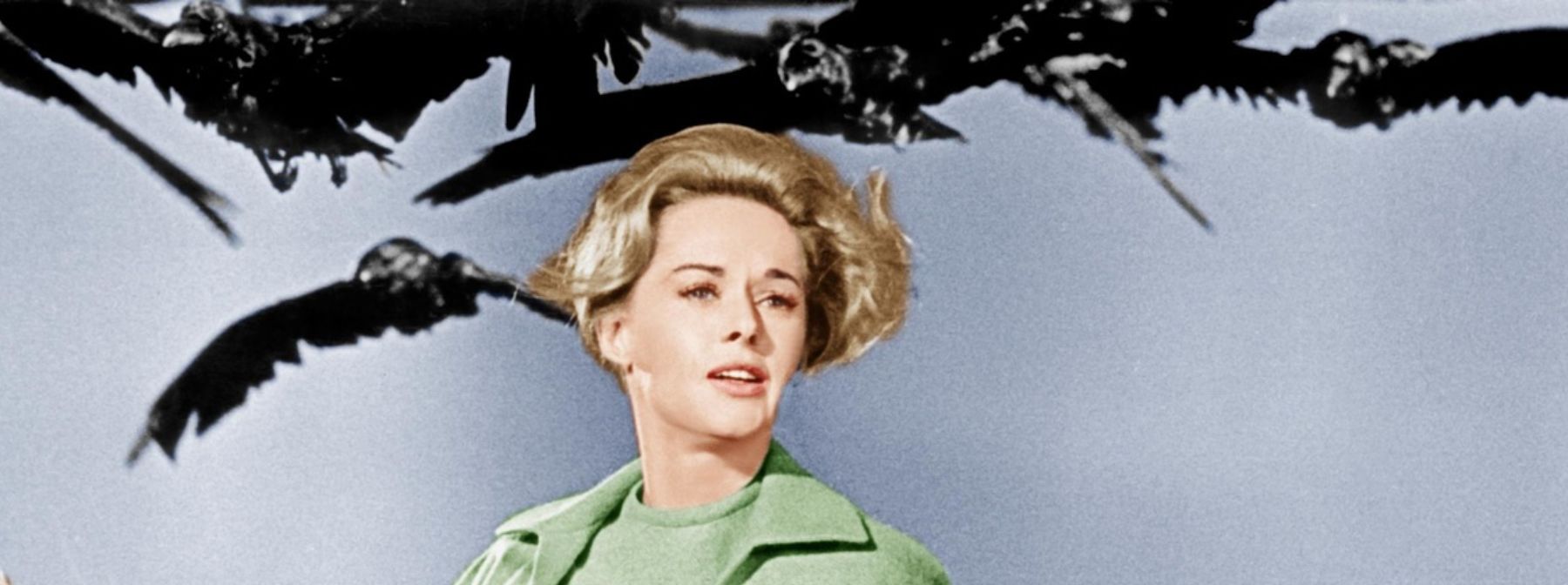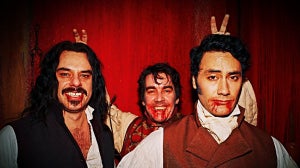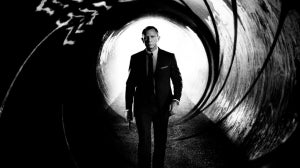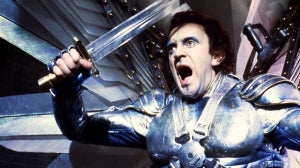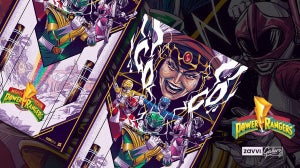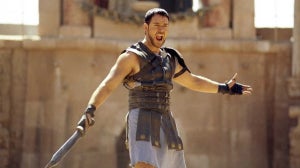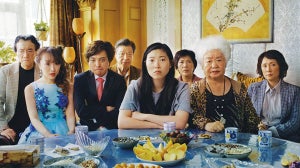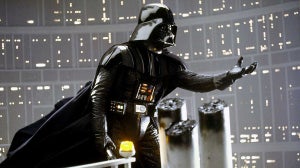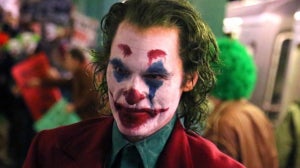
The 1960 movie immediately became a cultural sensation due to its shocking mid-film twist, brutally killing off its lead heroine and helping to lay down the groundwork for the take-no-prisoners slasher genre in the process.
Hitchcock took a three year break between Psycho and his next directorial effort, an unusually long break for the prolific filmmaker, but his return was no less transgressive in its subversion of an accepted horror movie formula.
A Very Hitchcockian Monster Movie
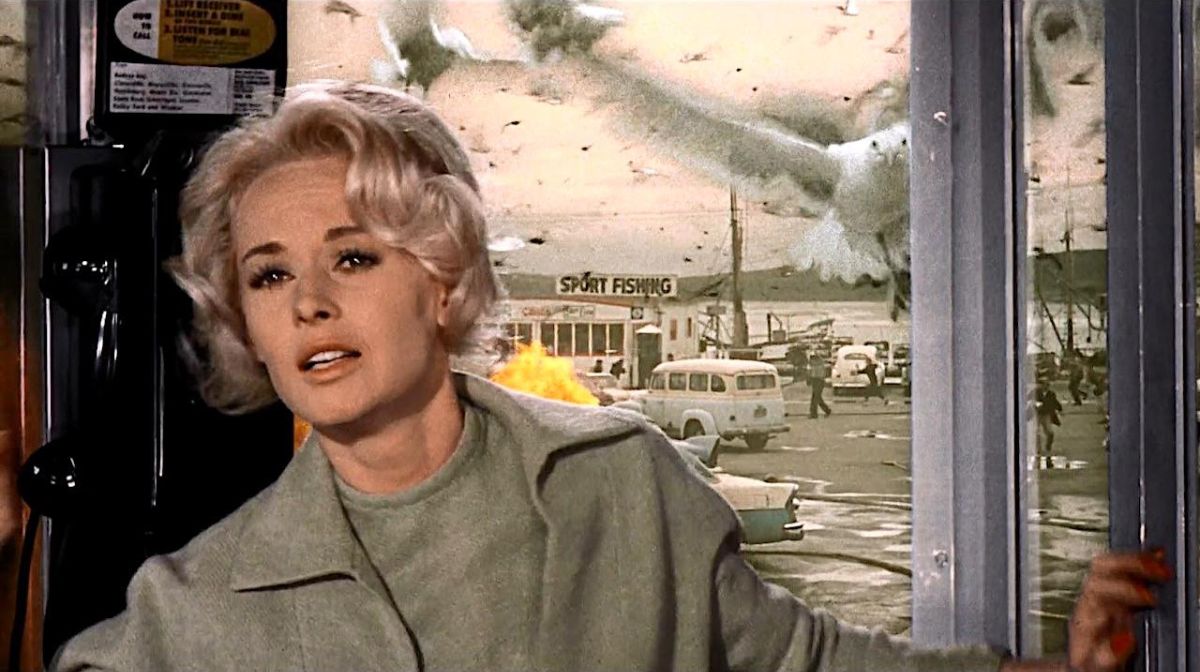
Released by Universal Pictures and feeling like an honorary inclusion in their "Universal Monsters" stable, The Birds was the Master of Suspense's take on a classic monster movie - a crowd pleasing thrill ride that nevertheless felt like nothing else in the genre.
Adapted from the short story of the same name by Daphne du Maurier - whose work Hitch had adapted previously in Rebecca and Jamaica Inn - The Birds initially seems like its staying true to the genre's conventions in how it establishes its human characters.
Socialite Melanie Daniels (Tippi Hedren) is initially set up as the archetypal Damsel in Distress, leaving San Francisco for the weekend after becoming smitten with the cocky lawyer Mitch Brenner (Rod Taylor). He's the hero you'd expect to see battling monsters in these movies; a skilled thinker who knows the ins and outs of his small town, and is best placed to help others evade being attacked by the enemy from above.
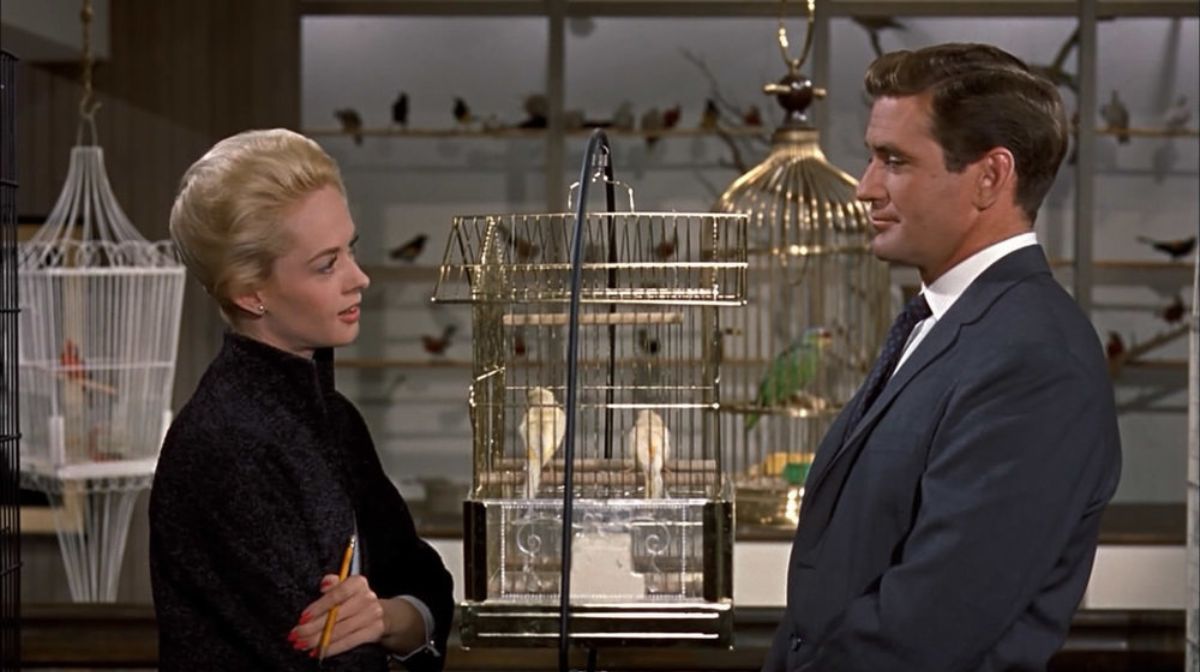
But for these protagonists to fulfill their narrative obligations, the villains they're pitted against similarly need to have identifiable motivations. Usually this is in response to vilification, or by their harsh treatment at the hands of humanity - in The Birds, this is left entirely up to the viewer's imagination, with no rational explanation for their continued, prolonged attacks.
Hitchcock stated that the avian attacks were likely in response to the characters taking nature for granted, even though more recent articles suggest his motivation for making the movie in the first place was an incident in 1961 that shared some parallels with the short story: a small town getting attacked by birds that became infected by toxic algae.
But these are two explanations the film never elaborates on. In fact, the closest definitive reason given is when a resident blames Melanie for the attacks, which didn't start until she showed up - perhaps a supernatural response for carrying around two lovebirds in a cage?
The Unknowable Threat
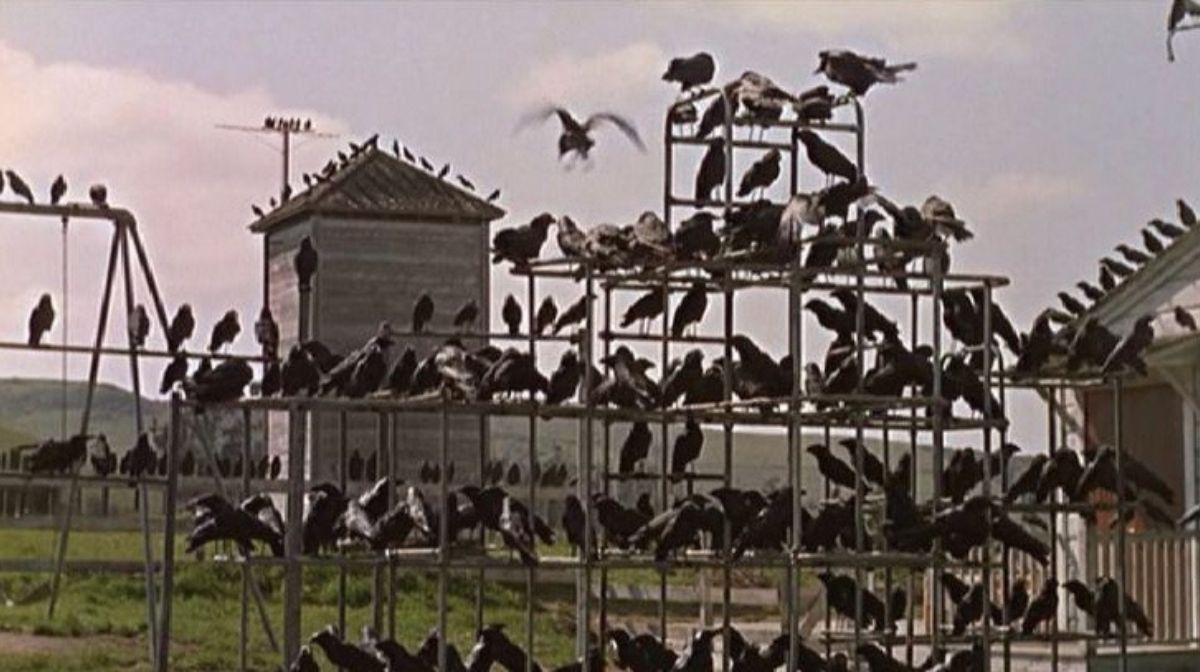
An integral theme of the classic monster movie is mankind's mistreatment of nature. From all manner of monsters created after humans let toxic waste ruin the natural world, to the beasts taken from captivity for our amusement, we have a tendency to bring it on ourselves.
The Birds is thrilling because Hitchcock leaves nature's rationale for attacking us open for interpretation. Melanie, after all, isn't responsible for causing any direct harm to the birds at Bodega Bay, but is directly attacked by one shortly after her initial arrival, with any attempts to understand their motives deemed inconclusive - the radio reports peppered throughout the film only underline the lack of comprehension as to why this is happening.
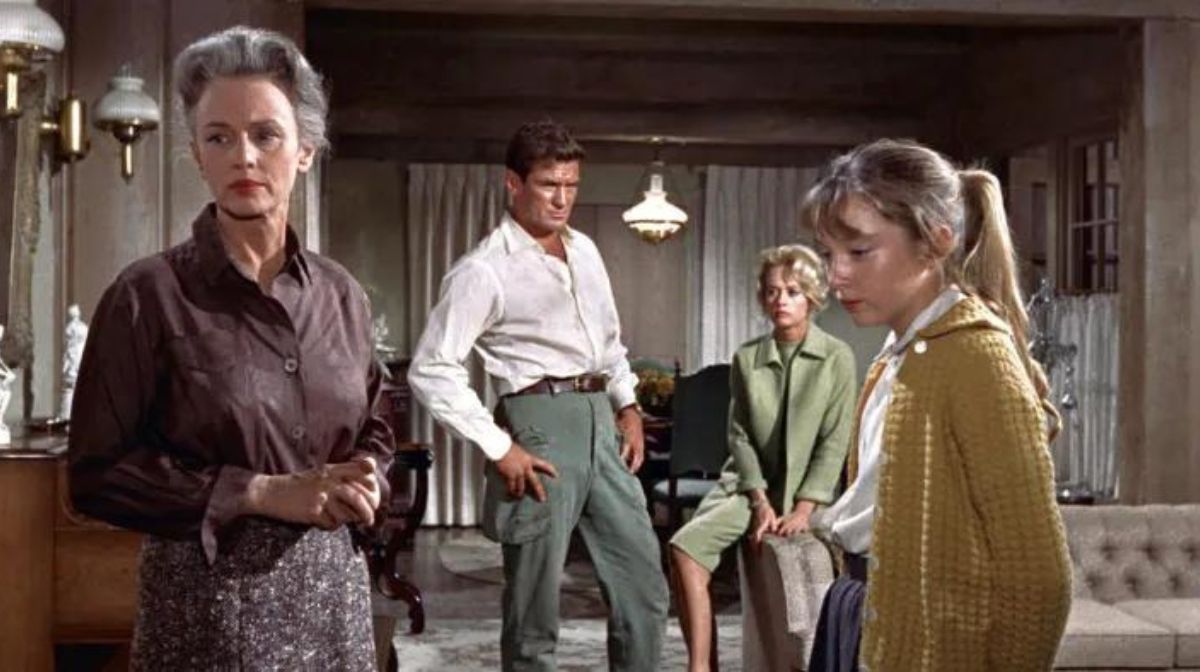
In fact, it could be argued that the director is subverting the core tenet of the monster movie, as the lovebirds Melanie has brought for Mitch are the only ones that never attack. Could the overarching thesis of this movie be that nature can only stop being a threat to humanity when domesticated and under our control, belonging in cages rather than the skies?
Well, not exactly; this is likely a symptom of Hitch changing the pessimistic ending of the original story (where the main characters were killed as the birds smashed their way into their home), with the new climax ambiguous enough to leave audiences under the assumption the family escaped safely, lovebirds in tow.
A Terrifyingly Ambiguous Ending
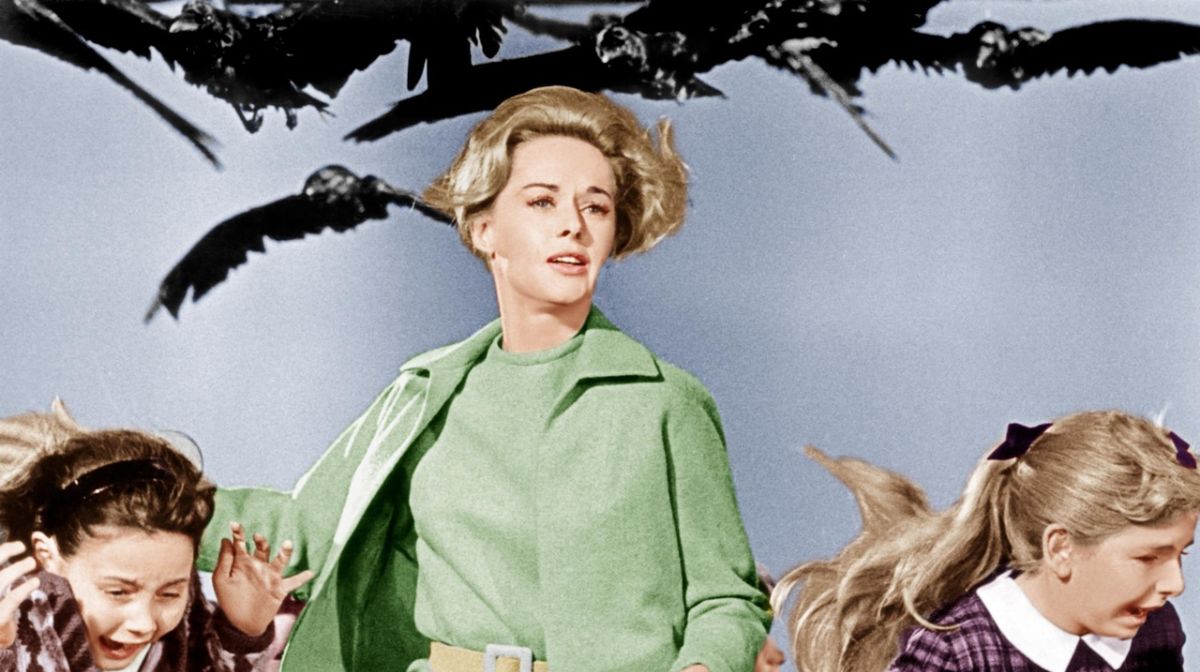
Of course, whilst that finale may help calm the nerves of younger audiences seeing the surviving family escape - a sigh of relief after we witness children getting attacked outside their school - there's still an air of menace that makes it one of the most unsettling moments in any Hitchcock movie.
As with the masterful playground sequence earlier, where the birds increase in number until they overwhelm the school's jungle gym, the final shot shows that various species have taken over the town, glaring at the final humans as they drive away.
Even in its ambiguous form, it does remain more downbeat than the ending we have come to expect from the genre; here, the monsters actually succeed in driving their counterparts away, and they're not afforded the sympathy required to sweeten this bitter pill.
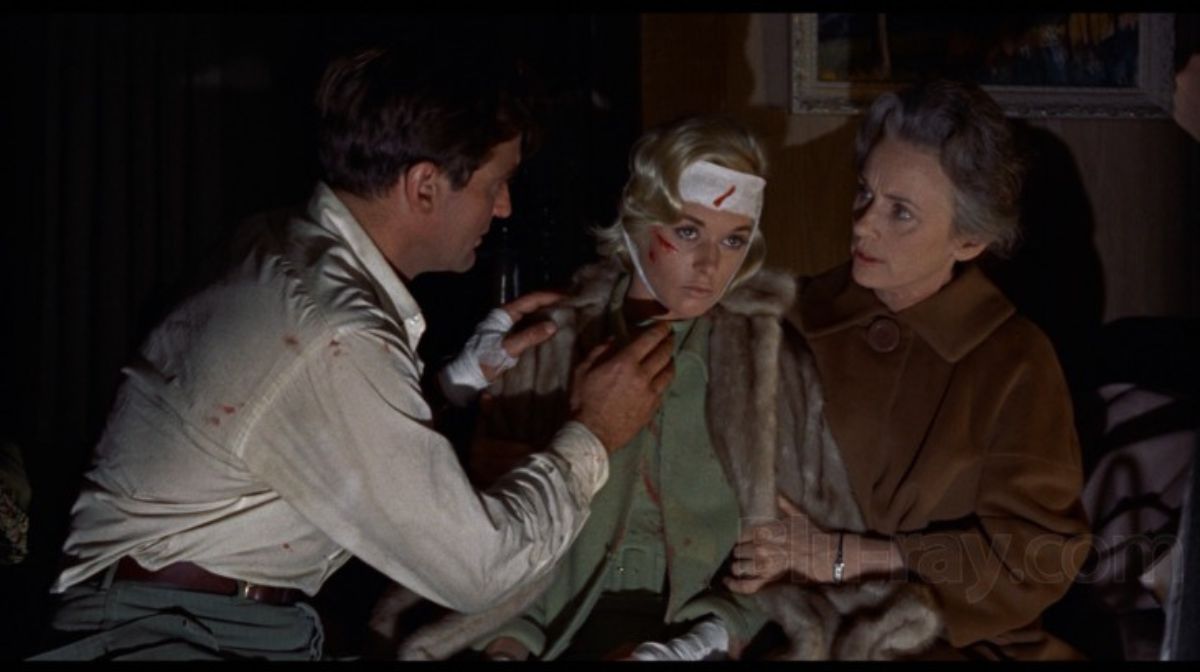
This makes it considerably more grounded than the typical monster movie, although that's part of why the film remains so effective 60 years later. These are creatures we see on a daily basis, turning against us for no clear reason - and it's not just the crows, the stereotypical symbol for death, that want to see our demise either.
Their reason for wanting us dead is unknowable, their behaviour irrational: it's a film open to endless interpretation, and yet impossible to pin down a motive that offers a sense of narrative satisfaction.
With The Birds, Hitchcock's greatest achievement might not be his subtle subversions of genre formula, but how he effectively streamlines the monster movie to its core elements. We don't need to know why the birds attack - we just need to know that we should be very afraid.
For all things pop culture, follow us on Facebook, Instagram, Twitter and TikTok.

